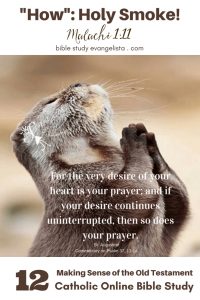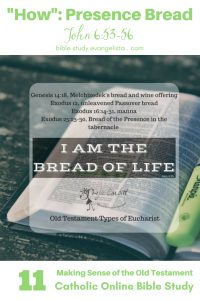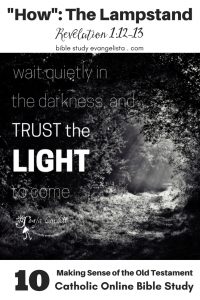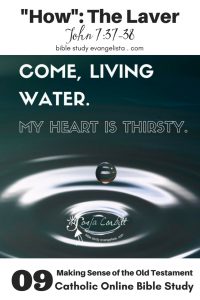“And I saw the holy city, new Jerusalem, coming down out of heaven from God, made ready as a bride adorned for her husband. And I heard a great voice out of the throne saying, Behold, the tabernacle of God is with men, and He shall dwell with them, and they shall be His peoples, and God Himself shall be with them, and be their God: and He shall wipe away every tear from their eyes; and death shall be no more, neither shall there be mourning, nor crying, nor pain any more: the first things are passed away. And He that sitteth on the throne said, Behold, I make all things new” (Rev 21:2-5).

Thank you to my newest Friends of the Show, Nancy H; Anneleisa F; Brigid O; Kay C; Kathleen A; and Jill D. Thank you for loving and lifting me!
LOVE the Word® is a Bible study method based on Mary’s own practice: lectio without the Latin.
L – Listen (Receive the Word.)
O – Observe (Choose one or more of the following personality approaches to connect the passage to your life and recent events.)
F | Franciscan – Take a few moments to identify someone who is “busy” with their duties and service to others. Offer to take one of those practices or services on yourself, and commit to doing so on their behalf for an agreed upon period of time.
I | Ignatian – Using all your senses, spend some time imagining Sarah’s predicament regarding Hagar and Ishmael, particularly the scene where Sarah witnesses Ishmael “mocking” Isaac. What do you hear, see, feel, taste, touch and smell? How do you feel? How do you react?
A | Augustinian – Meditate on how God always refreshes and even blesses those in the midst of judgment and discipline, namely both Hagar and Sarah, and the whole people of God in Babylonian exile (as in Is 54).
If you are in a desert place of discipline, can you identify ways that God has also provided refreshment for you? Identify another person who is in a desert place of discipline. How can you offer refreshment to them this week?
T | Thomistic – Although Hagar’s son was born first, because she was a slave and Sarah was freeborn, Isaac would have, and did, immediately become Abraham’s ranking heir over Ishmael. This younger-over-older preference (especially among brothers) is a repeated theme in the Bible that foreshadows the New Jerusalem having eventual position over the older. How many instances of this younger-over-older principle can you list? What do you learn from that?
V – Verbalize (Pray about your thoughts and emotions.)
Remembering that He loves you and that you are in His presence, talk to God about the particulars of your O – Observe step. You may want to write your reflections in your LOVE the Word® journal. Or, get a free journal page and guide in the right-hand margin.
E – Entrust (May it be done to me according to your word!)
As a member of the New Jerusalem, Lord, living under the law of your love and grace, may I always seek charity for my neighbor, but also for myself in seeking, depending on, and hoping in your freedom from my sin. Amen +
.
*LOVE the Word® exercises are offered according to FIAT: the four personalities, or “prayer forms,” explored in Prayer and Temperament, by Chester Michael and Marie Norrisey: Franciscan, Ignatian, Augustinian, and Thomistic: FIAT! These prayer forms correspond to the Myers-Briggs personality types.
Pray for Us
The pilgrimage is sold out. Plan to go next year!
Share the LOVE
Share the LOVE on the Facebook community. Tell me your #LOVEtheWordtakeaway for this week’s show.
Read the Transcript
You can download a complete, word-for-word transcript here, when it becomes available, courtesy of Dora Donovan who does our transcripts for you.


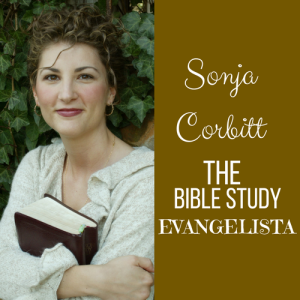
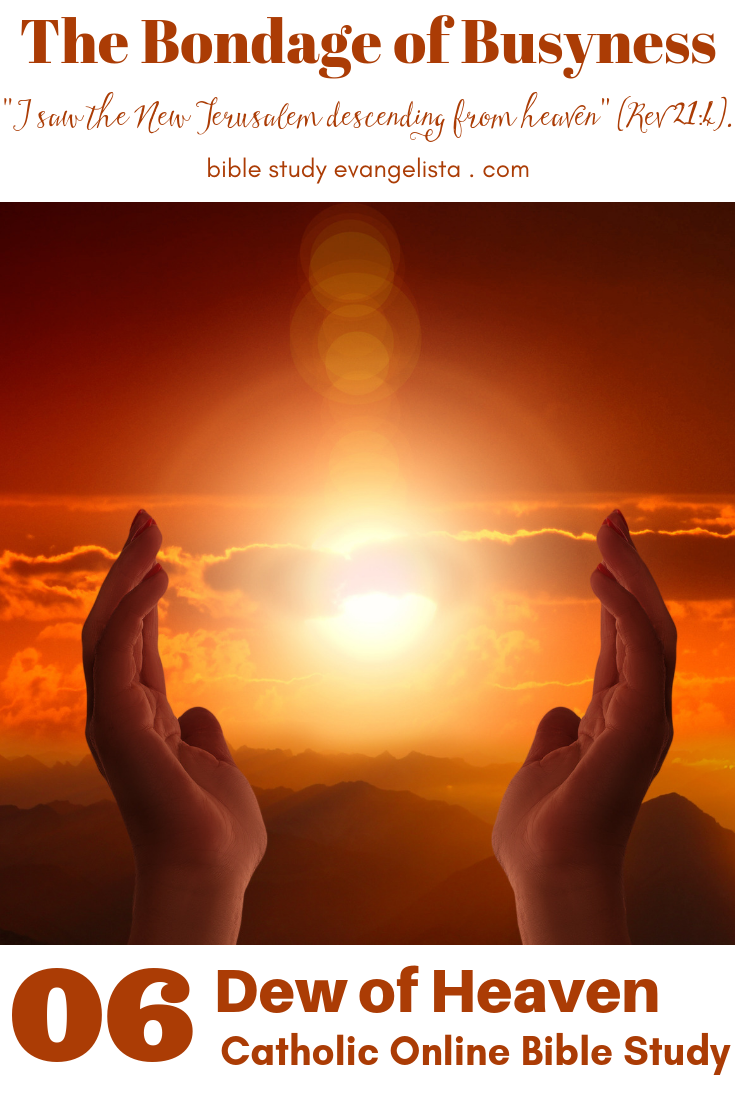

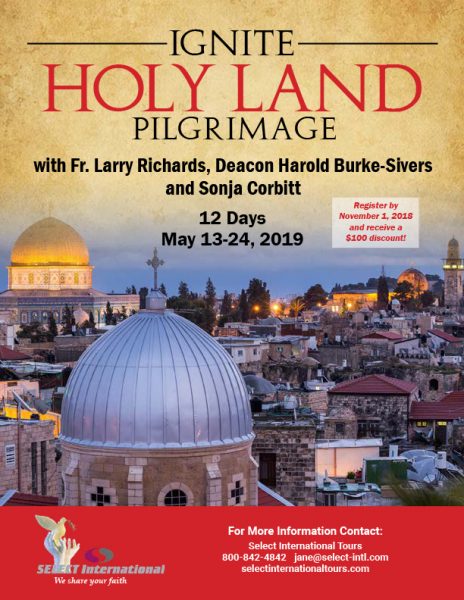
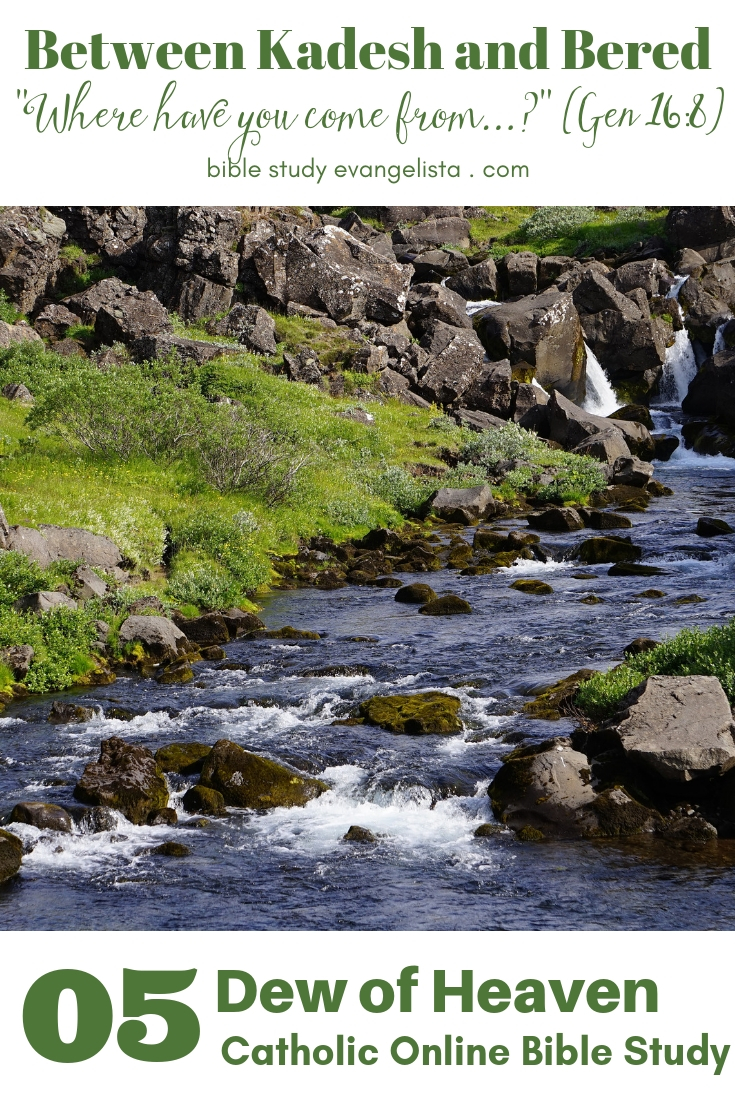
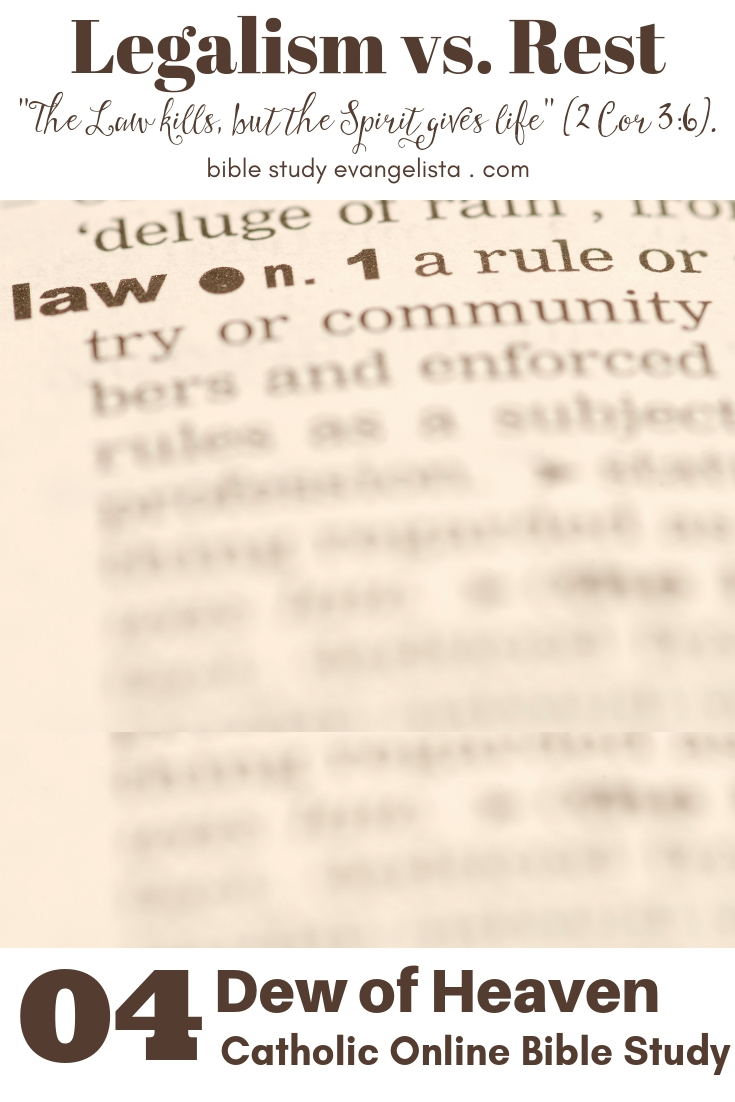



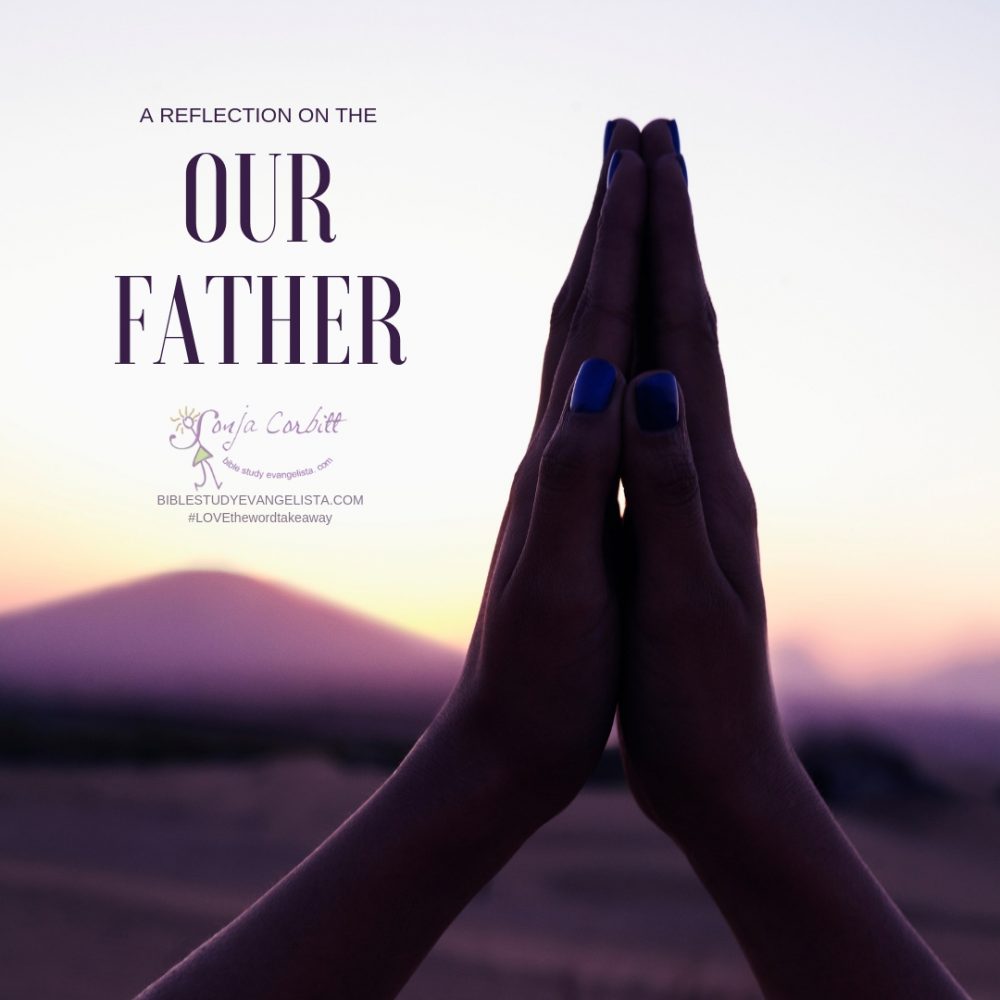

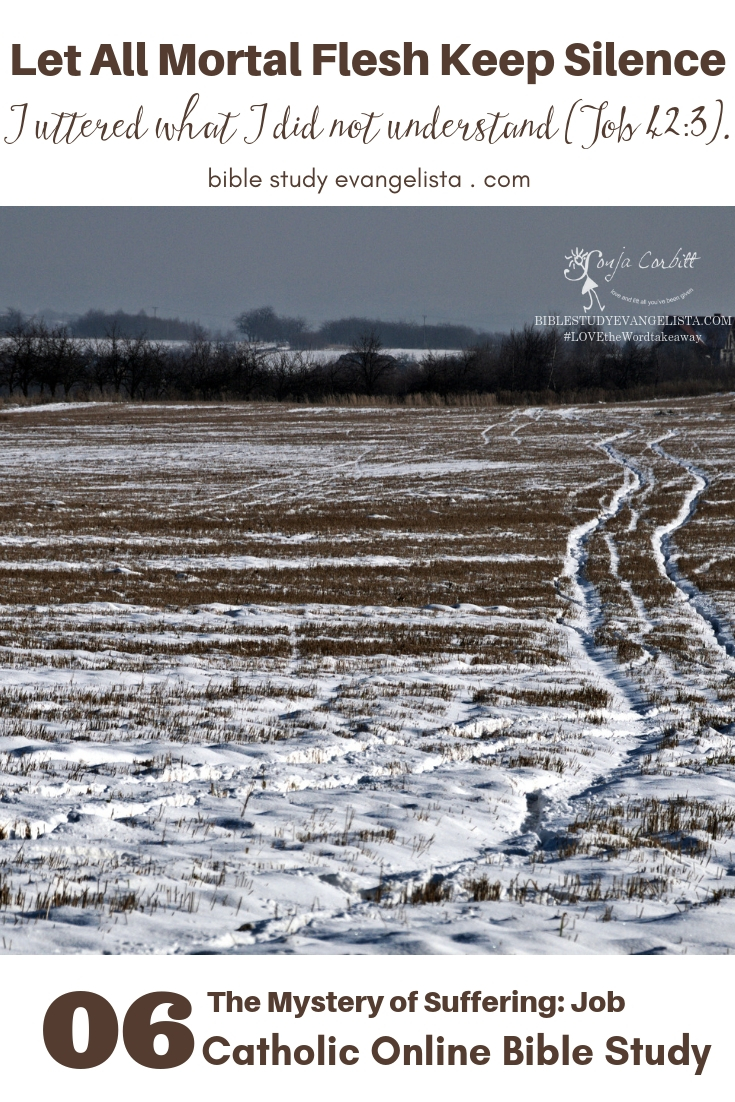
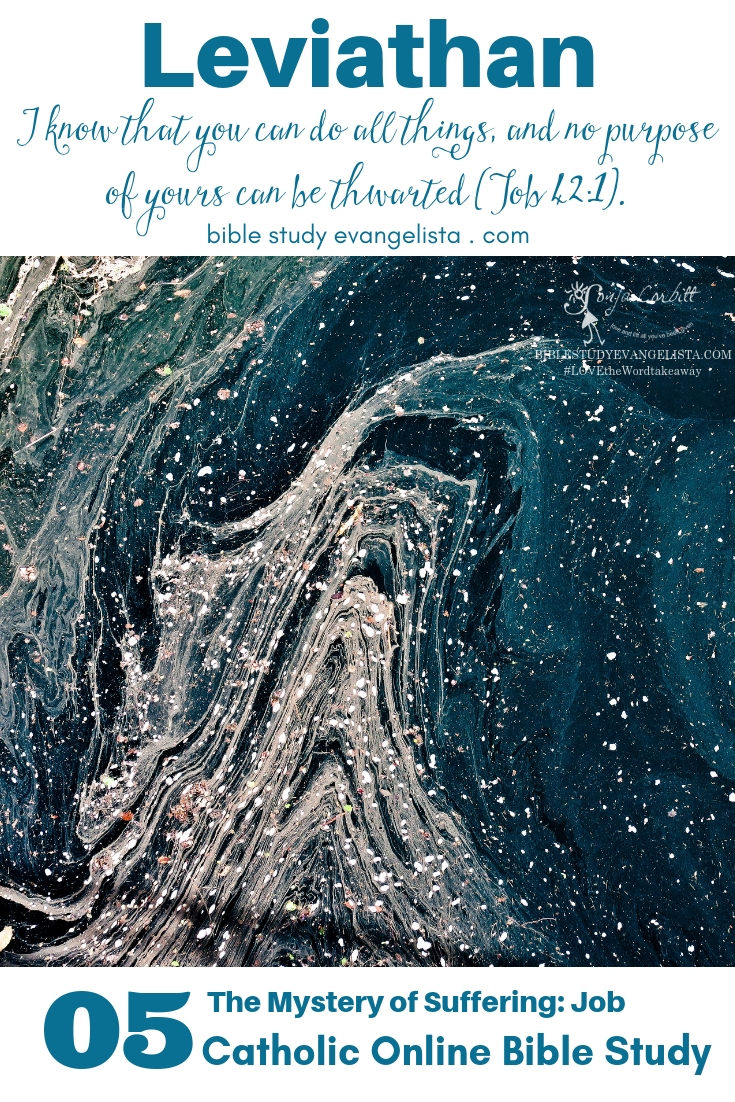
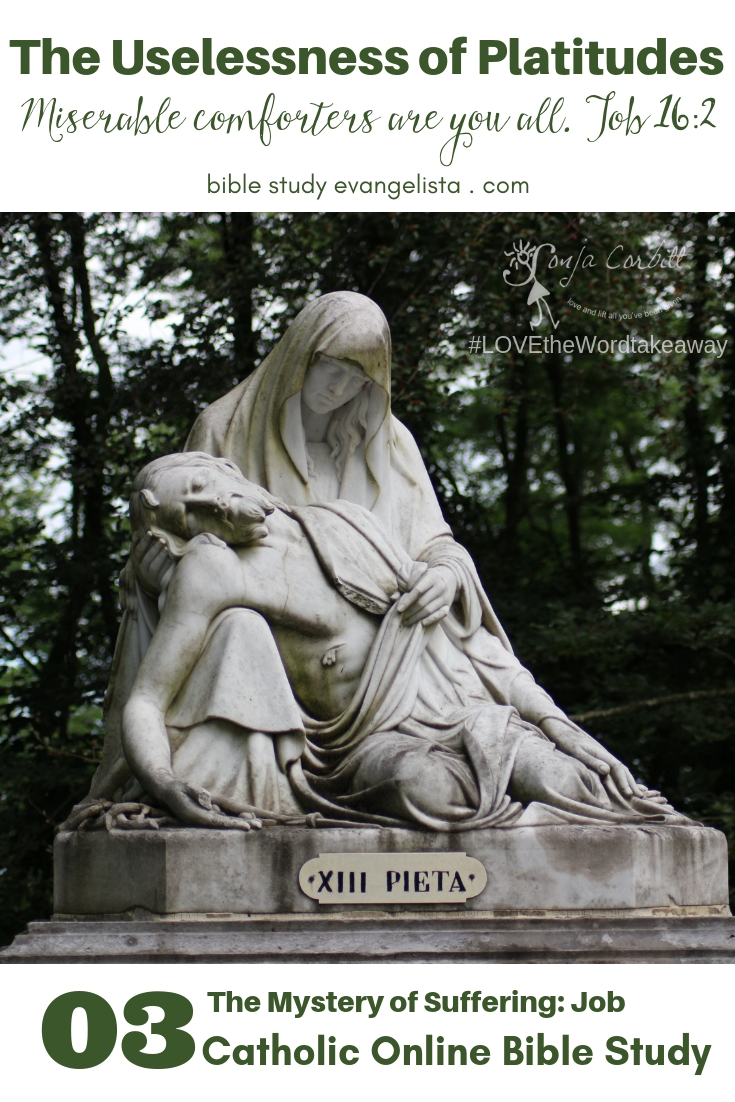
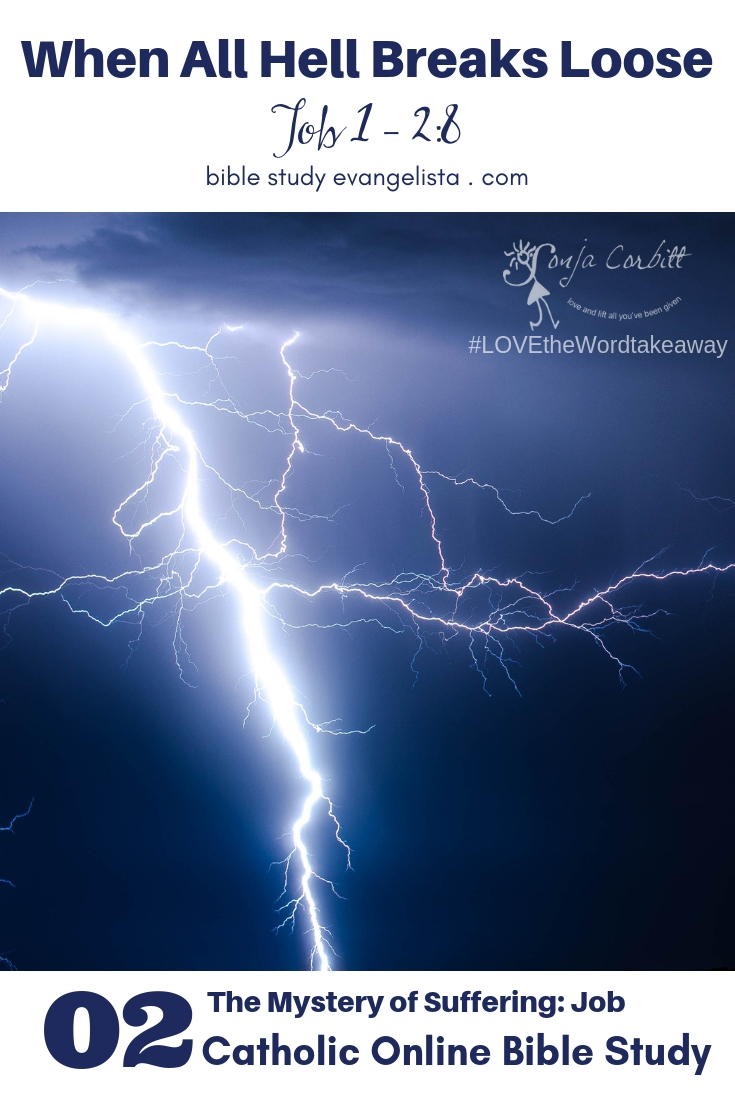
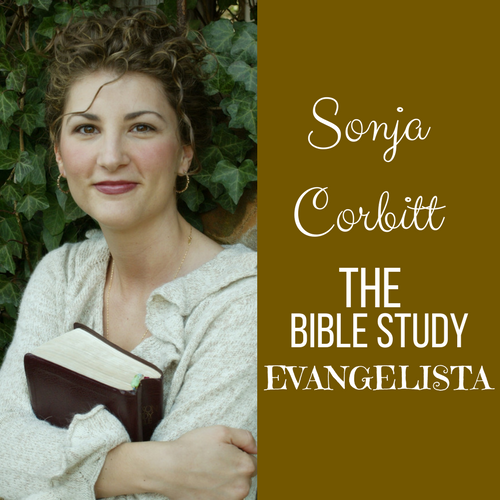
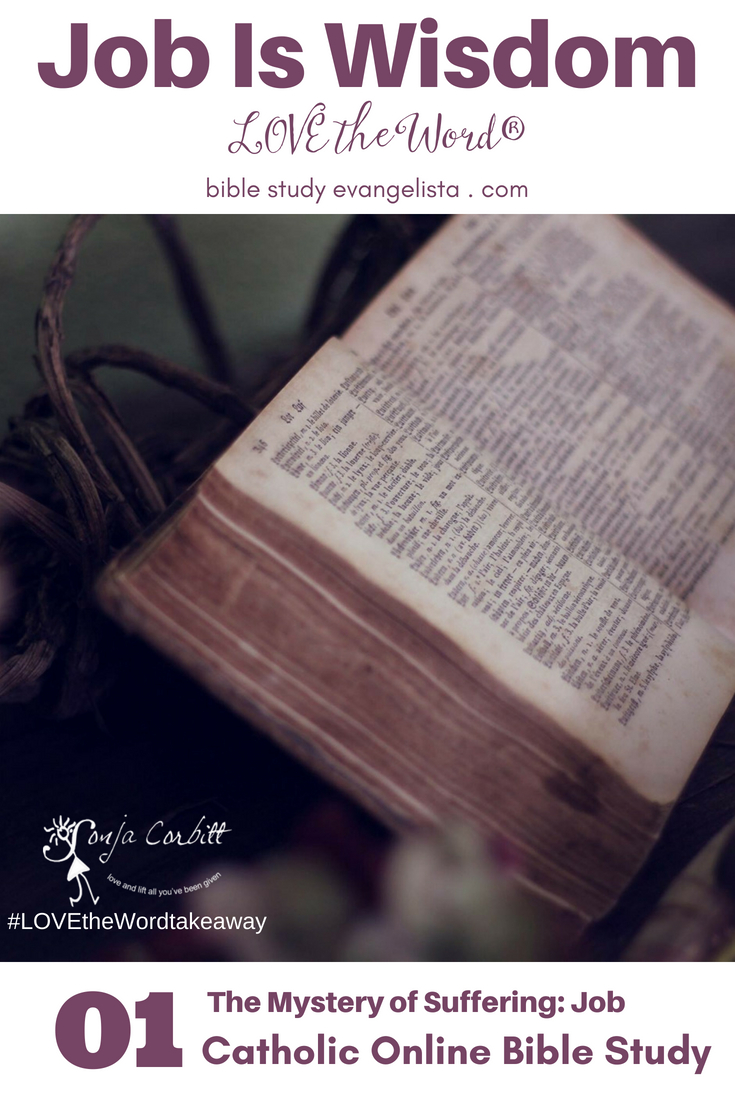


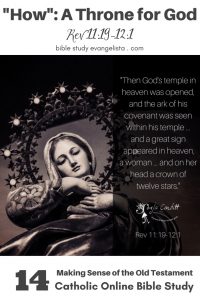
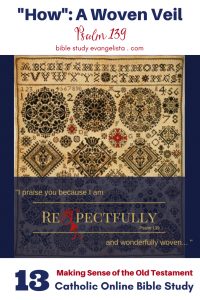 Notes and References
Notes and References